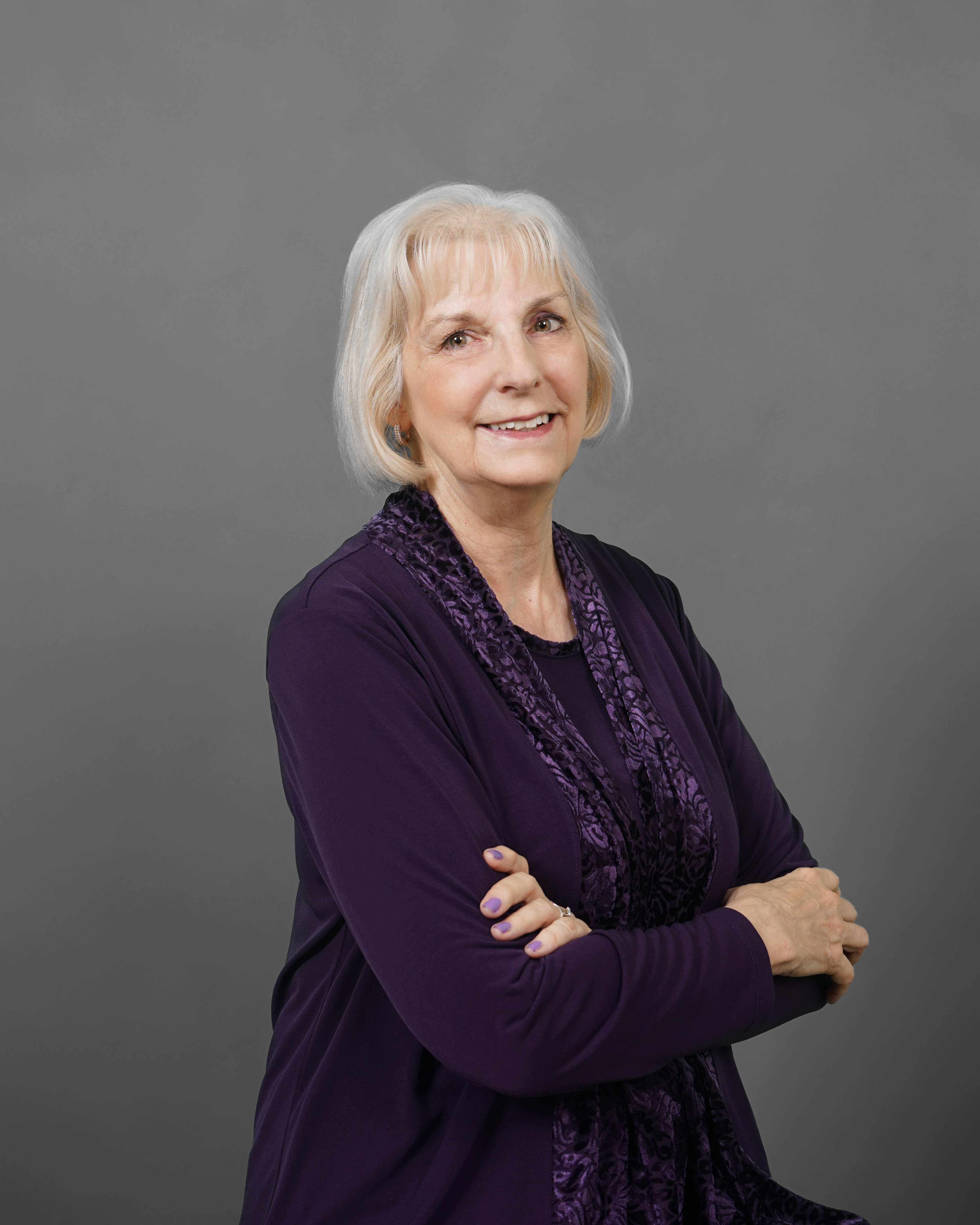
How can we keep our study time from growing stale or keep our minds from assuming we already know what Scripture says? Here are seven ways to refresh our Bible study.
Every January, inboxes, mailboxes, and TV commercials remind us of all the new things we need to do. Lose weight, save money, clean up, and clean out. Goal-setting apps surround us, and our minds can fill with frustration at the overwhelming reminders of what we lack. But there is one plan that can benefit us all, and that is a Bible reading schedule. These programs are available from several sources for reading the Bible in a year.
The Scriptures are filled with promises from God, the history of the world, and the redemption of our souls through Christ. As we read this life-giving book, we need to find ways to avoid skimming over familiar passages. If we don’t stop to ponder what these messages from the Lord say to us, verses such as John 3:16, Genesis 1:1, or 1 John 4:4 can lose the depth of their meanings because we have read them so many times.
How can we keep our study time from growing stale or keep our minds from assuming we already know what Scripture says?
Here are seven ways to refresh our Bible study:
1. Read the Bible with New Eyes
At times we may let our comprehension be swayed by traditions and other people’s opinions. Mental effort is needed to put aside previous beliefs, but we can find a fresh perspective when we read the Bible for what it clearly says apart from outside influences. If we could pay attention to the words as if we have never read the text before, what would this Holy Book tell us?
Thus you nullify the word of God by your tradition that you have handed down. And you do many things like that. (Mark 7:13 NIV)
2. Read the Bible in a Different Version Than Your Usual Choice
This year I am reading The One Year Chronological Bible NKJV. Learning the sequence of events helps put the puzzle pieces together. The timeline helps us see the historical accuracy of God’s Word. We can also discover facts about biblical personalities we didn’t know before because the chronological presentation lists approximate dates of births and happenings.
We can discover that Job lived during the time after Abraham, Isaac, and Jacob or possibly shortly after the exile of the Hebrews. The readings for the book of Job are contained within the daily assignment for Genesis.
Another resource I have used is the Reese Chronological Bible which gives estimates for the ages of Boaz and Ruth. Boaz was around 120 years old when he married 30-year-old Ruth. Other sources speculate Boaz’s age is 80.
Whichever one is correct, they had a record-setting May-December romance as well as the one between Abraham and Keturah, his wife after Sarah’s death. The dates for this patriarch suggest Abraham’s age as 138 and Keturah’s between 30–50.
These interesting facts can enhance our view of ancient relationships. We know that Boaz was older than Ruth (Ruth 3:10). But when we see that Ruth was willing to marry a man much older than what we originally thought he was so she could secure the family inheritance for Naomi indicates her selfless character. Reading chronologically blesses us with many tidbits such as these.
3. Take Notes of Words That Stand Out to Us
Sometimes during our reading, certain verses or messages suddenly jump off the page as if a light shone on them. When we make a list of these words and look up their meanings in Hebrew or Greek, we can find a new revelation. Our native language doesn’t always portray the exact clarification of a Hebrew or Greek term because translations are not word for word. When we seek the actual definitions through a Bible lexicon or dictionary, we can unveil treasures previously unknown to us.
Do your best to present yourself to God as one approved, a worker who does not need to be ashamed and who correctly handles the word of truth. (2 Timothy 2:15)

Photo Credit: ©Unsplash/Aaron Burden
4. Look Up Cultural Meanings
I also have a Cultural Backgrounds Study Bible. This type of Bible provides illustrations of archeological finds as well as footnotes and editorials that explain how civilizations are affected by the customs of the regions.
Researching the societies around biblical events can also teach us how people related to each other and to God.
Paul’s instructions for women to keep silent in the church are often misunderstood because we don’t apply the purpose of this teaching to the region and time in which this command was written.
When we discover why and how Jesus used parables in His lessons, we can better understand what He said. If we don’t comprehend how inheritances were bestowed upon beneficiaries in ancient societies, we can miss the meaning of the love the father expressed toward his son in the story of the Prodigal Son (Luke 15).
Because Israel was an agricultural society, a lot of the Savior’s stories revolved around planting and harvesting. In Jesus’ example of the Sower, He told His disciples the key to revealing what He taught was hidden in that parable.
Then Jesus said to them, “Don’t you understand this parable? How then will you understand any parable?” (Mark 4:13)
5. Read Commentaries with an Open Mind
Commentaries are helpful to our interpretation, but we should also depend upon the Bible as the best commentary on itself. Although these extensive study tools are written by highly educated people, we should remember that most of the words are still the opinions of the writers. This is why all commentaries don’t agree with each other.
Not to say we shouldn’t use these references, but when we are unsure of the meaning of a passage, we should pray and seek God for direction.
For the word of God is alive and active. Sharper than any double-edged sword, it penetrates even to dividing soul and spirit, joints and marrow; it judges the thoughts and attitudes of the heart. (Hebrews 4:12)
6. Share with a Study Partner
Whether online or in person, Bible study with a friend can sharpen our insights and help us see meanings we may not see on our own. We should converse with a willing and learning mind and use this as an accent to our research, not a substitution. We also need to pray and seek a person who we know is grounded in the Word and open to debate.
As iron sharpens iron, so one person sharpens another. (Proverbs 27:17)
7. Make Sure We Go to Church Regularly
The past pandemic closed a lot of churches for corporate gatherings. Online substitutions may have given members a sermon or two, but physical observance is necessary for fellowship.
When we see our Christian brothers and sisters face-to-face, we are encouraged, strengthened, and enlightened. A digital screen can’t enhance the worship environment, provide participation of believers, or the ability to actually hug and shake hands again. We can also take part in communion as a group. Bible study classes with others can motivate us in our individual devotions.
And let us consider how we may spur one another on toward love and good deeds, not giving up meeting together, as some are in the habit of doing, but encouraging one another—and all the more as you see the Day approaching. (Hebrews 10:24-25)
The Bible Is the Most Exciting Book in the World
Matthew starts his gospel with the genealogy of Jesus Christ.
The book of the genealogy of Jesus Christ, the Son of David, the Son of Abraham (Matthew 1:1)
This Scripture could sum up the entire Bible. If we examine the sacred text from Genesis to Revelation as the story of Jesus, we can see our Savior through centuries of people’s lives and find His redemptive purpose for ourselves.
The Bible is an infinite book of wisdom we will never fully absorb while on this earth. But the more we renew our minds with God’s Word, the closer we will walk with Christ.
We can refresh and enhance our Bible study as a time of exploration and excitement. Each gem uncovered within the depths of Scripture can lead us to live richer lives, give us the resources to bless others, and provide answers to their questions about the Lord.
Always be prepared to give an answer to everyone who asks you to give the reason for the hope that you have. (1 Peter 3:15)
The Bible is not an outdated stale book. We can look forward to opening the pages of God’s holy Word each day to reveal His love letter to us with fresh eyes because His mercies really are new every morning (Lamentations 3:22-23).
Photo Credit: ©Priscilla du Preez/Unsplash








